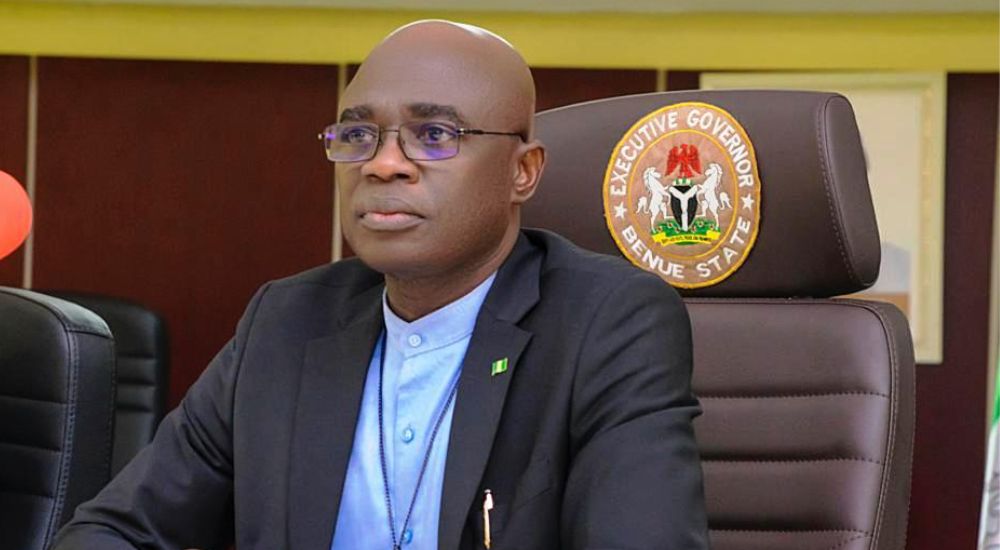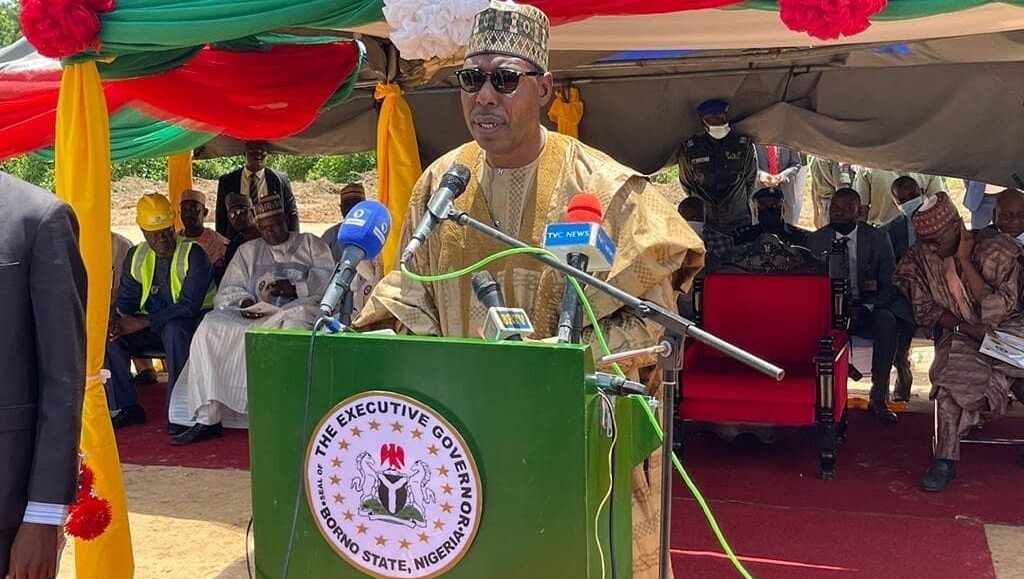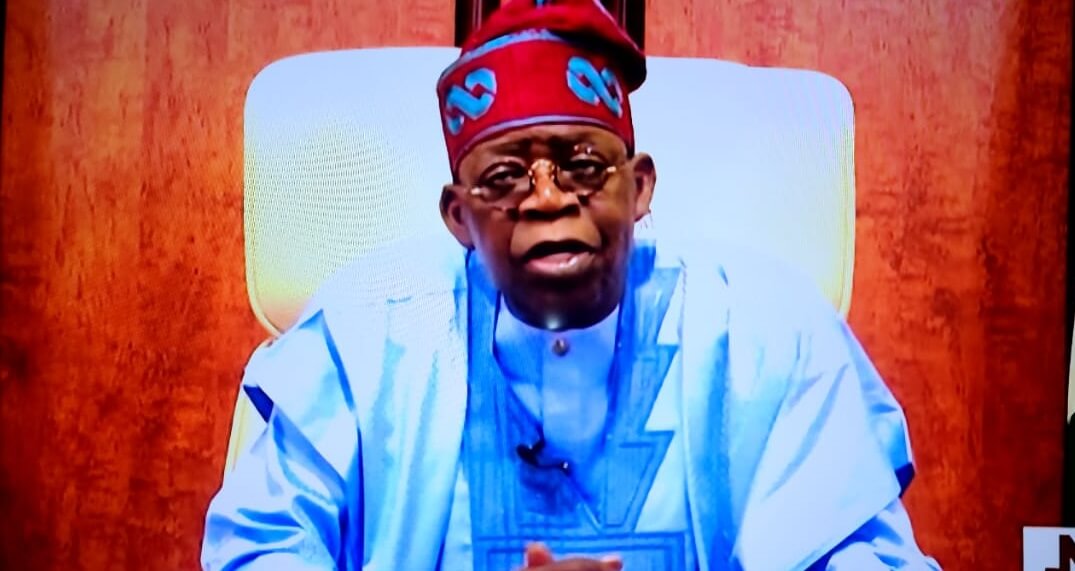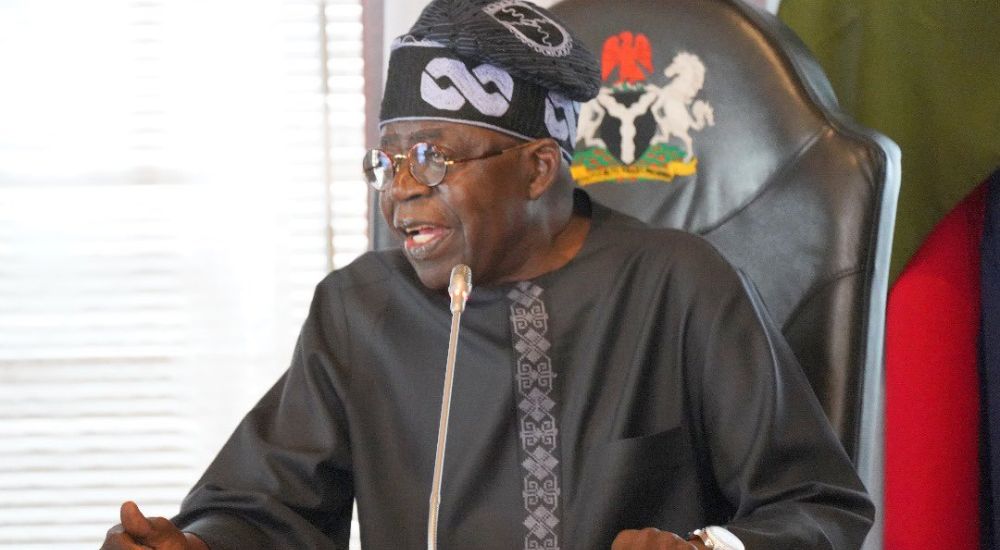Grief Without Governance: The APC’s Legacy Of Neglect

How did we get to this pattern? A disturbing pattern that has entrenched itself in the mind of our leaders to callously disregard citizens in their darkest hours. Whether it is from the blood-soaked fields of Benue or the flood-ravaged communities of Mokwa, Nigerians crying out for leadership have been met with silence, belated gestures, or hollow promises. This is simply not a failure of policy but a betrayal of the social contract.
We have evolved a leadership culture that abandons its people when compassion and action are most needed. As the All Progressives Congress (APC) continues to dominate Nigeria’s political landscape, its leaders’ indifference, exemplified by former President Muhammadu Buhari’s absenteeism and President Bola Tinubu’s reactive posturing, demands a reckoning.
The evidence is stark. In 2018, when suspected Fulani herders massacred over 86 people in Mbalom, Benue State, the then president, Buhari offered little more than a tepid call for calm. He didn’t visit the grieving state until public outcry forced a belated visit, one that felt more like a political chore than an act of solidarity.
Fast-forward to June 2025, and President Tinubu echoed this script with chilling fidelity. The Yelewata massacre in Benue, where estimates of deaths range from 45 to over 200, saw Tinubu silent for days, only issuing a statement after Pope Leo XIV’s global condemnation shamed him into action. His planned visit on June 18, 2025, reeks of damage control, not genuine empathy. Nigerians, it seems, must beg for their leaders’ attention while corpses pile up.
This pattern extends beyond bloodshed. In 2020, the Abule Ado gas explosion in Lagos killed at least 20 and shattered communities. Buhari was so comfortable in Abuja picking his teeth as if a president’s eyes could not behold the sight of his people’s pain. It took Babajide Sanwo-Olu, the Lagos state governor to fly into Abuja and bring him printed DI pictures of the devastation.
A similar situation was witness during the 2022 nation-wide floods, which claimed over 600 lives and displaced millions, then President Buhari only issued a 90-day ultimatum for a response plan while attending campaign events in Jos.
Tinubu, in 2025, responded to the Mokwa flood were over 200 were reported dead and thousands displaced with commendable speed, activating NEMA and approving N2bn in aid. Yet, his absence from the disaster site, delegating ministers to console victims, betrays the same detachment. Why must Nigerians settle for proxies when they need their president’s presence?
Perhaps the most egregious example of Buhari’s aloofness was his absence at the 2021 burial of Chief of Army Staff Ibrahim Attahiru, killed in a Kaduna plane crash. Abuja’s National Military Cemetery, a stone’s throw from Aso Rock, welcomed dignitaries like then Senate President Ahmad Lawan, but not the commander-in-chief. His excuse – avoiding traffic disruptions, was as insulting as it was absurd.
Nigerians, mourning a general slain in the fight against insecurity, deserved more than a phone call to a widow. Tinubu, to his credit, attended General Lagbaja’s burial in 2024, but his initial silence on the 2025 Benue massacre and failure to visit Mokwa suggest he has inherited Buhari’s playbook: act only when the world is watching.
What drives this shameful culture? I point to state capture, where powerful elites, be they Fulani herders in Benue’s conflicts or political allies, wield undue influence and paralyzes decisive action. Buhari’s and Tinubu’s hesitance to confront herder-farmer violence head-on, often couched in calls for “dialogue,” fuels suspicions that loyalty to certain groups trumps justice.
Tinubu’s reference to the 2025 Benue massacre as a “reprisal attack” was not just tone-deaf; it appeared to absolve perpetrators, suggesting a government beholden to unseen powers. Yet state capture alone does not explain the indifference to natural disasters like floods, where elite interests are less overt.
It is my belief that a deeper culprit is Nigeria’s chronic lack of accountability. Unlike Western democracies, where leaders like Joe Biden or Rishi Sunak face political suicide for ignoring disaster-stricken communities, Nigerian presidents operate in a system where public outrage, however loud on social media or in the streets of Makurdi, rarely translates into consequences.
Buhari’s APC sailed through elections despite his absences, buoyed by regional, religious loyalties and a fragmented opposition. Tinubu, early in his term, faces no immediate electoral threat, allowing him to sidestep Benue’s cries until global voices forced his hand. This impunity, enabled by weak institutions and a pliant judiciary, lets leaders treat empathy as optional.
The APC’s leadership style amplifies this malaise. Both Buhari and Tinubu have governed with a top-down arrogance, delegating crises to agencies like NEMA or ministers while shunning personal engagement. The APC’s obsession with power consolidation, evident in Tinubu’s swift declaration of a state of emergency in Rivers State over a political spat, yet lethargy in Benue, reveals a party more concerned with control than compassion.
But this is not solely an APC problem. The PDP’s Goodluck Jonathan, while more visible during 2012 floods, faltered on security crises. The issue is a broader Nigerian political culture, where presidents, cloaked in “Big Man” mystique, view themselves as above the fray, untethered from the grief of ordinary citizens.
This culture is a betrayal. Nigerians, battered by insecurity, floods, and economic hardship, deserve leaders who stand with them, not aloof figures issuing statements from Abuja’s ivory towers. The contrast with global norms is stark: when Hurricane Katrina struck, George W. Bush’s delayed response cost him dearly; when floods hit Germany in 2021, Angela Merkel toured the wreckage.
In Nigeria, leaders seem to believe they can govern by proxy, leaving citizens to grieve alone. Buhari’s eight years normalized this detachment; Tinubu’s tenure, barely two years in, risks entrenching it further.
We need cultural or presidential mind reset, going forward. Nigerians must strengthen democratic institutions, i.e. the media, civil society, and the judiciary to hold leaders accountable. Public pressure, amplified by social media platforms can no longer be ignored.
Presidents must be compelled to see their people’s pain, not just read about it in reports. Until then, the APC and Tinubu’s government will continue to fail the test of leadership, leaving Nigerians to wonder: who will stand with us when the floods rise and the bullets fly?
Mr. Ozogwu is an Abuja based public affairs commentator. He is the CEO of Derasoft Consulting, a tech firm that specializes in enterprise systems.
Disclaimer: This article is entirely the opinion of the writer and does not represent the views of The Whistler.
Grief Without Governance: The APC’s Legacy Of Neglect is first published on The Whistler Newspaper





